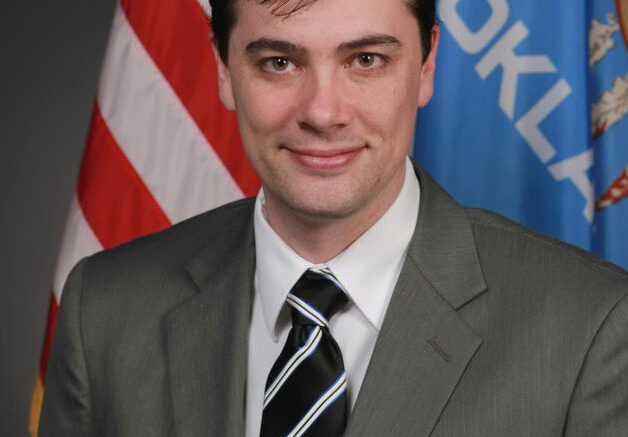Last week I described the new tax plan brought forward by leaders of the House of Representatives. Their plan would have created a services tax. This tax will be assessed to you when you utilize services. Their plan would have put the state into the business of taxing services and this new tax will last for the rest of our lifetime.
In an excellent turn of events, that plan appears to have been abandoned; although a series of other, smaller tax grabs are still moving forward.
How could such a far-reaching and dramatic tax policy proposal come forward with just a few days left in this year’s legislative session? Shouldn’t this massive policy change have gone through the legislative process so the public could debate its merits and have time to make their opinions known?
A proposal of this magnitude should pend public consideration for months before the Legislature attempts to hold a vote. There should be time for the public and the media to discuss and debate prior to votes on the House and Senate floors. This is significant policy that will impact every Oklahoman for generations to come.
For many readers, though, my articles of the past two weeks may have been the first time they heard about this tax plan.
It is a terrible indictment of the legislative system that powerful politicians can create a new bill out of thin air, drop a far reaching proposal into it with no time for public review, and immediately pass the bill out of the Legislature.
So how can House leadership make up a brand new bill at the end of session? Average legislators don’t have this right. Even the most minor policy changes usually take at least several weeks to go through the legislative process.
The new tax proposal exposes a dangerous loophole in legislative transparency protocol. It’s a loophole that most previous House leaders have resisted the temptation to abuse.
Prior to the 2011 legislative session, House leaders did not have the luxury of making up new bills during the closing moments of session. They were forced to channel their bills through the legislative process just like every other legislator.
This created a problem for House officials. They were frequently incapable of working out the state budget early in the session, but were forced to advance the budget bills in order to keep them alive for the year. They forced legislators to vote on empty bills, otherwise known as shell bills. Later in the session, once a budget had been developed, House leadership filled in the shell bills with actual budget proposals and held one more vote.
Conscientious legislators were understandably reticent to advance these bills without knowing what they would eventually contain. We generally insisted that House leaders discipline themselves to advance only shell bills dealing with the budget and we hesitated to advance bills that might have a policy impact.
In 2011, however, the House approved new rules. The rule change was designed to dispense with the several days of legislative session in which legislators had spent their time voting for the empty budget shell bills. The new rules allowed them to create budget bills “out of thin air” at the end of the session after a budget agreement had been reached.
Unfortunately, the 2011 change was designed far too broadly. It allows House leaders to make up new bills if those bills have a fiscal impact. This opens the potential for great abuse. Those who want to abuse this loophole can make up tax policy bills that have nothing to do with the next year’s state budget, but still have a “fiscal impact”.
The services tax proposal would have been a high profile abuse of the 2011 rule change.
There are other , including two major tax policy initiatives that will significantly impact next year’s tax returns. Both of these proposals were approved one late night/early morning last week just a few days after their introduction.
It is incumbent on future legislators to tighten this loophole and stop the growing trend of passing new tax policy just days after it is introduced.
Thank you for reading this article. Your interest and input are much appreciated. Please do not hesitate to email Jason.Murphey@hd31.org with your thoughts and suggestions.
Sincerely,






Be the first to comment on "Murphey: Tax proposals expose growing transparency problem"